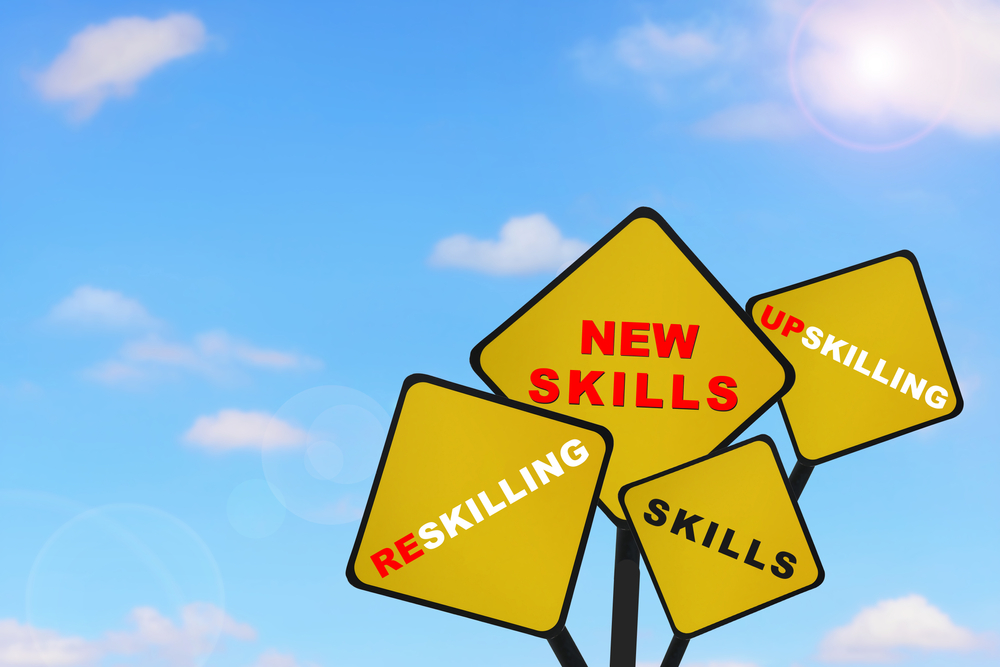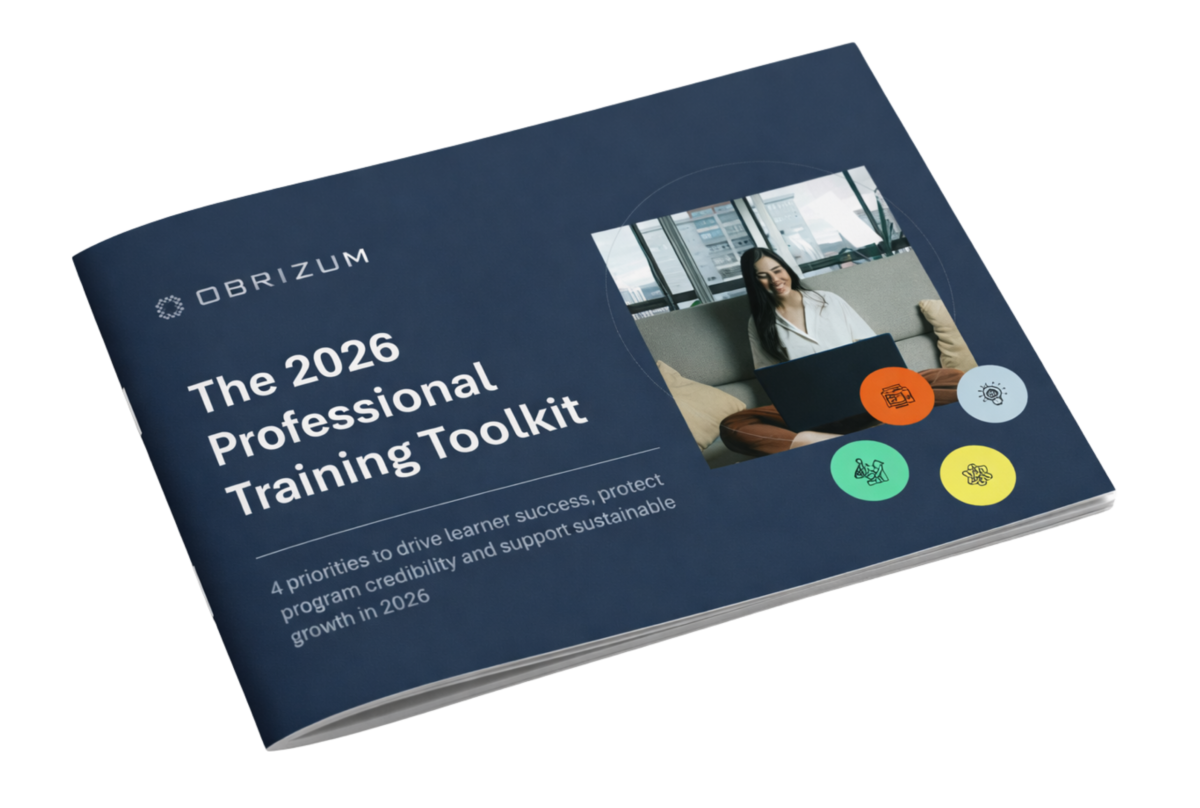
Published on 11th July 2023
Why workforce upskilling must keep pace with rapidly evolving tech
This year’s Future of Jobs report from The World Economic Forum (WEF) revealed the latest trends currently shaping the market and triggered heated discussions among industry peers.
One of the biggest talking points is how critical technology has become in the job market, which according to the report, is one of the core drivers behind the fastest-growing roles.
Taking a deep dive into the specific tools spear-heading this growth, AI and machine learning specialists land top spot in terms of fastest growing positions, followed closely by sustainability specialists, business intelligence analysts and information security analysts.
Not only is it promising to see such strong results in this area, when the AI market so often comes under scrutiny amidst labour disruption fears, but it also reinforces the message that AI will play an instrumental role in supporting the workforce, and provide a platform from which workers can develop and grow.
This evolving technology is being deployed to take on manual, low-value tasks, which allows teams to redistribute resources across value-add activities. It frees up workers to spend greater time on their own professional progression, including upskilling themselves in areas they wish to improve upon.
However, one of the biggest drivers behind job growth is the need for specialists to maintain and update the technology as needed. Far from being the human replacement tools that so many people feared, this technology is still dependent upon the skilled professionals working behind the scene.
Here’s where a challenge arises. AI is one of the fastest-evolving technologies, so organisations require specialists that are well-versed in the latest developments. As the WEF report shows, there’s certainly a demand for these types of roles, but can the workforce keep up?
Upskilling and reskilling become instrumental in helping industry specialists stay up to date. But are businesses’ existing training models prepared for this level of demand?
Based on our experience, the answer is no.
It’s time to shake up corporate training
If organisations are to keep pace with the market demand for skills linked to AI and machine learning, they need adequate training programmes in place to champion their existing workers and provide them with easy access to knowledge and new skills.
What this requires, however, is a tailored learning model that adapts to each individual’s unique needs and background. This is something the traditional linear digital learning model fails to deliver.
Digital training often follows the same pathway: a fixed course is presented to all learners (regardless of existing knowledge or experience); the individual progresses through the programme module by module (usually clicking through sections that cover old ground for them); and assessment results are largely based on the rate of completion.
When the market demands such a niche set of skills to operate advanced technology, a one-size-fits-all digital learning approach is just not an option. Adding to that, the task of keeping these programmes up to date manually is sometimes too great of an undertaking for organisations, yet this is a fundamental requirement given the pace of our technological evolutions.
Fortunately, the very technology that sits at the heart of this challenge can help workforces reach a solution.
It’s time for businesses to make the switch to adaptive learning.
AI-powered learning technology enables tailored corporate training that meets the unique needs of every individual. Businesses can use AI to enhance corporate training in an effort to facilitate the necessary upskilling and reskilling required to meet business and market demand around the rapidly evolving technology.
The WEF report has shone a light on what our job market desperately needs. It’s now up to businesses to respond.






